Marital life of the Prophet Muhammad ﷺ - Part 1
The family life and marital status of the Prophet ﷺ have always been a topic of disputes and crossfires. Unfortunately, some parts of his life were misunderstood or maliciously interpreted. Let us have a closer look at his marriages.
Polygamy in Islam and Other Faiths
Polygamy has often been used as a weapon to deface and disrepute Islam, even without investigating it in deep and comparing it to other beliefs. It was not a custom introduced by Islam or Prophet Muhammad ﷺ. It had been prevailing for thousands of years in different parts of the world in various forms. According to The Book of Exodus (Second book of Hebrew Bible), a man could marry any number of women at his choice.[1] King David had six wives and numerous maids. His son King Solomon had 700 wives and 300 maids.[2] The New Testament has made no comment at all to annul polygamy.
According to Hindu mythology, Dasharatha, father of lord Rama, had ten wives. Krishna, a lord being worshipped, had as much as 16,108 wives. The book of Dharmaśāstra says: Brahmins, Kshatriyas, Vaishyas, and Shudras can marry by the number their caste has been given. So, a Brahmin can marry four women to the maximum, and those from the other castes can marry 3 to 1, respectively. In some countries like Tibet and Nepal, Hindu communities still follow polygamy. It is promoted by some Christian churches like the Celestial church in Nigeria and Lutheran church in Liberia.
Let us look to what the Holy Qurʾān has stated regarding this: "If you fear that you will not deal fairly to the orphans, marry the women, who seem good to you, two or three or four. If you fear that you cannot do justice (to many), then only one or the captives that you possess. That is better for you not to do injustice."[3] In another verse, Qurʾān says: "You'll not be able to deal equally between your wives, however much you wish to do so.
But don't totally turn away from one leaving in suspense."[4] Allah almighty has plainly explained the man's inability to do justice between wives if he has more than one. So, a man is to have a single wife. If both verses are taken together, we can easily understand that the second verse is an apparent dissuasion against polygamy if one cannot do justice.
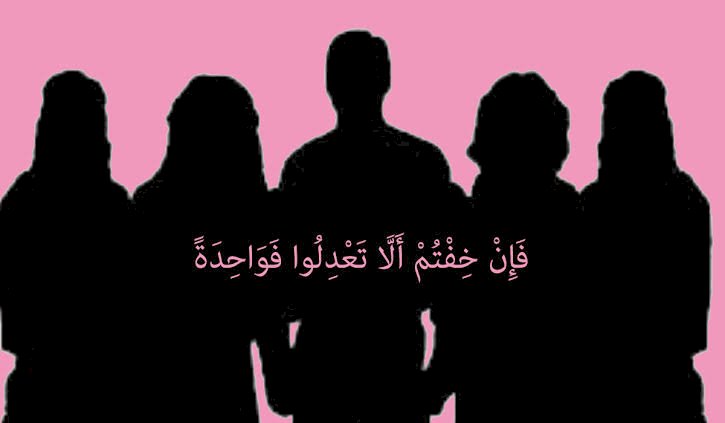
One is encouraged to marry more than one only if he is physically, mentally, and financially capable. Sometimes, social conditions and unavoidable necessities may lead a society to promote polygamy, as may be seen in the shortage of men compared to women in many countries. During war times, the possibility of men to be killed is high, as had happened in the world wars. The number of men killed in those wars had adversely affected the countries involved, like Russia and Germany.
Islam has restricted the number of women one can marry after the revelation of the above-mentioned verse. When Ghailān bin Salama embraced Islam, the Prophet ﷺ ordered him to keep only four wives with him from the remaining ten. Before Islam, there was no prescribed law in Arabia to limit women from being married. Gustav Le Bon, a leading French scholar, has rightly viewed that polygamy systems like the one instituted by Islam will be great, more advanced and the most strengthening mechanism for the family relationship.
The result is that a Muslim woman will be more contented and respected than her Western sister. Likewise, German philosopher Arthur Schopenhauer suggested polygamy to be taken by the west and contented: Hasn't the time come for us to promote polygamy as a good virtue for the whole womenfolk?![5] Islam has not unconditionally permitted polygamy, but it is promoted only when the stipulations are fulfilled as the Quran has clarified in the chapter of Al-Nisā'.[6]
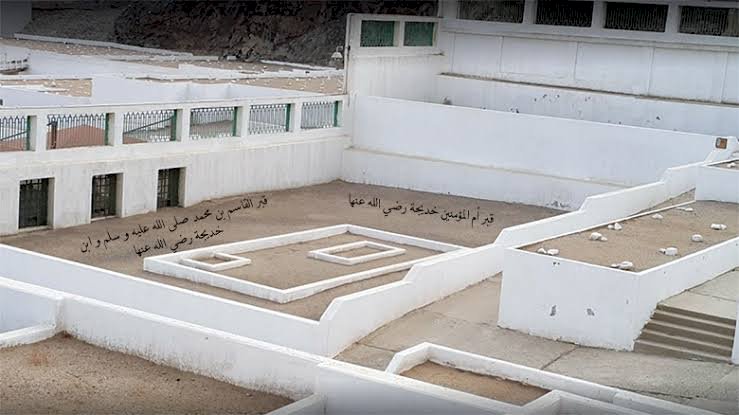
The Prophet ﷺ and His Wives
Khadīja رضي الله عنه was the first wife of the Prophet ﷺ. She was a lady of great honour and glory and hailing from the reputed Quraish family. She used to be called the 'leader of Quraish women and the lady of chastity'. She was first married to Athīq bin Aai'd and later to Abu Hāla bin al-Nabash whereas both were unlucky to live long with her. Numerous Quraish nobles wanted to marry her after she became a widow. But she had no interest in any of them.
Earlier, the Messenger of Allah ﷺ had gone to Syria, bearing the responsibility to sell the merchandise of Khadīja. His personality and honesty enchanted her, and she was impressed on the profits he brought back. Her servant Maisara had all details she wanted to know about the Prophet. Khadīja wished to marry Prophet ﷺ.
At first, the Prophet ﷺ was approached by one of her relatives to convey her interest. He was ready to accept this as he had known her. Her uncle Amr ibn al-Asad took up the charge of marrying the 40 years old Khadījah to the Prophet ﷺ, who was then a young man of 25. These couples led a special kind of married life that would be exemplary for his followers. Khadījah رضي الله عنه had two sons and one daughter from her early marriages. She gave birth to all children of the Prophet ﷺ except Ibrahim, whose mother was Māriyah al-Qibṭiyyah, a maid presented to him by the King of Egypt.
Also Read : Modalities of the Evolution of a Muḥsin
After leading a 24 years’ beautiful marital relationship, Khadījah left the Prophet ﷺ alone and passed away at the age of 65. The year was known as the year of grief as Abu Ṭālib, Prophet's ﷺ great resort and protector too died. He could never forget her love and care even after her death. He would always recollect her virtues and say, “I have not benefited from anyone's wealth as I have benefited from that of Khadījah.” Her wealth was abundantly spent on the welfare of Islam. In all means, she was a lady of unparalleled excellence. Abbas Mahmūd al-Aqqad[7] opined that she was not a woman fearing adversities or mishaps but was a lady of great heart and sublime soul where the Prophet ﷺ could find solace for all anxieties he experienced.[8]
Sawdah bint Zam'ah
She was the first woman whom the Prophet ﷺ married after Khadījah’s demise. Earlier, she was married to Sakran ibn Amr who was among the first migrants to Ethiopia. After coming back to Makkah, he did not live long and was survived by none. When the Prophet ﷺ married her at the age of 50, she was crossing 55.
Sawdah was a tall skinny woman whose physical beauty would not attract anyone. So, it is apparent that the Prophet ﷺ chose her not for her beauty but to protect and respect a poor elderly Muslim woman who lost her husband. She deserved this favour as she was a descendant of a noble family whom her community would not allow remaining a Muslim. She loved to stay in his wifehood though she had contributed her day (to stay with the Prophet ﷺ) to Aishah.
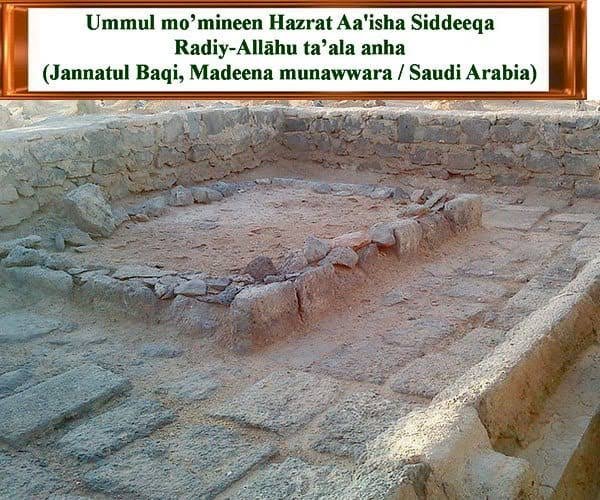
Aishah bint Abi Bakr
The Prophet ﷺ married Aishah, the daughter of his soul-mate Abu Bakr when she was merely six and started to live with her when she reached nine. Most Arab girls reach puberty as early as nine or so. She was brilliant among Arab girls and was superbly eloquent, having memorized a lot of Arabic poems. She reported more than two thousand hadiths; that is close to the great scholar Abu Hurairah. She was an expert in different topics related to religion. Numerous disciples of the Prophet ﷺ, including men and women, were her listeners.
Aishah was the only virgin among others whom the Prophet ﷺ had married. She was near to 18 when the Prophet ﷺ was ready for his physical absence from this world. In CE 678, she died at the age of 67. She lived about 50 years in solitude, disseminating the invaluable lessons she acquired from the Prophet ﷺ. It is always astounding when we think about the courage and fortitude a teenager like her showed after the significant loss in her life.
Hafsa bint Umar
In the third year of Hijrah, Prophet ﷺ married Hafsa, the daughter of Umar, the second Caliph of Islam. Her first husband, Khunais ibn Hudhafa, had died on his return after he went to see Khosrow Parviz, the then emperor of Persia, as the envoy of the Prophet ﷺ. Umar was worried about her and approached Abu Bakr to marry her, to which the latter did not respond. Being angry, Umar consulted Uthman ibn Affan and requested the same. He, too, was not ready. When he approached the Prophet ﷺ, he replied: Hafsa will be married by someone better than Uthman; and Uthman will marry someone better than Hafsa. Prophet ﷺ married Hafsa while Uthman married Umm Kulthūm, after the demise of his first wife Ruqayya, two daughters of the Prophet ﷺ.
Reference
[1] The Book of Exodus, 21:10
[2] The Book of Kings 11:3 (The Book of Kings is the ninth book of the Hebrew Bible or the eleventh and twelfth books of the Christian Old Testament).
[3] Sūrah Al-Nisa, verse no: 3
[4] Sūrah Al-Nisa, verse no: 129
[5] Muhammed Riza, Muhammed Rasoolullah, Mua’ssasathu Kuthubu al-Saqafiyya, P-378,379
[6] Surah al-Nisau, verse no: 3
[7] Abbas Mahmoud al-Aqqad is an Egyptian historian, journalist, poet and literary critic lived in twentieth century
[8] Khalid Muhammed Khalid, Nisaun Haula al-Rasool, P-42.
(Abu Rushda Murshid Wafy is a teacher at Thanveer Islamic and Arts College, Malappuram, Kerala, India.)
Disclaimer
The views expressed in this article are the author’s own and do not necessarily mirror Islamonweb’s editorial stance.

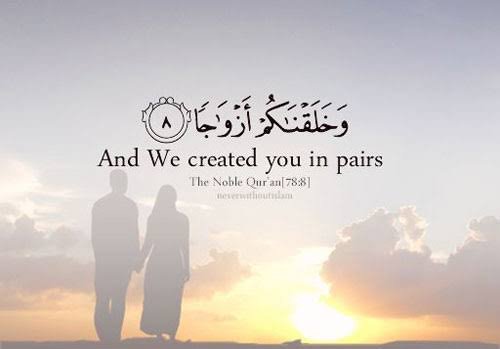



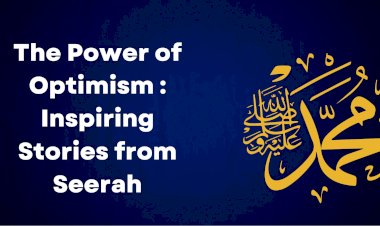
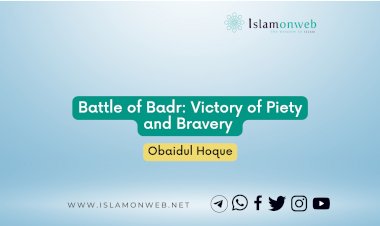


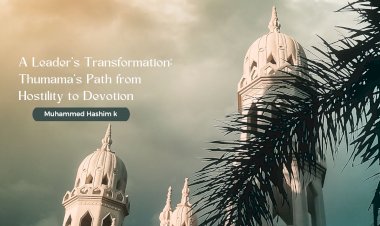















Leave A Comment